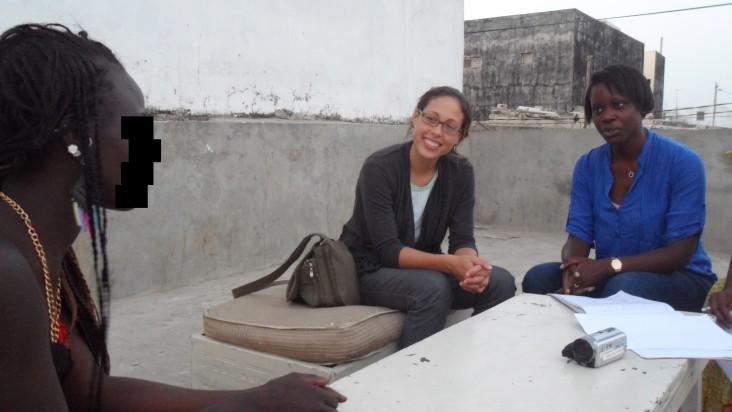
For Immediate Release
Accra, GHANA – The United States Agency for International Development (USAID), in partnership with Johns Hopkins University, Family Health International and the Futures Group, is hosting a regional workshop on vulnerable populations in West and Central Africa that are disproportionately affected by HIV. Workshop participants will focus on service delivery and policies, with the aim of improving strategies for HIV prevention, treatment and care among these populations.
“Experts recognize that targeted approaches toward key populations, which are often highly marginalized and hard to reach, are essential to achieving an AIDS-free Generation,” said Alex Deprez, USAID West Africa Regional Mission Director. “Evidence shows that, when adequate resources are allocated for HIV prevention and treatment of these vulnerable populations, where the majority of new infections are likely to occur, the impact goes beyond those populations.”
In West and Central Africa, the prevalence of HIV among the general population remains low, with 12 out of 24 countries reporting a national HIV prevalence of less than 2 percent. However, the prevalence among key vulnerable populations in the region is between 3 and 30 times higher than the general population. To reduce the burden and transmission of HIV in West and Central Africa, programs and policies must therefore take an innovative and targeted approach that emphasizes access to services for those populations.
The workshop, funded through the President’s Emergency Plan for AIDS Relief (PEPFAR), takes place May 27-29, 2014, in Accra, Ghana. Over 75 participants, including government and civil society representatives from ten countries in the region, regional institutions such as the West Africa Health Organization, donors, development partners and vulnerable population organizations will review evidence and collaborate to help define research, programming and policy priorities.







Comment
Make a general inquiry or suggest an improvement.